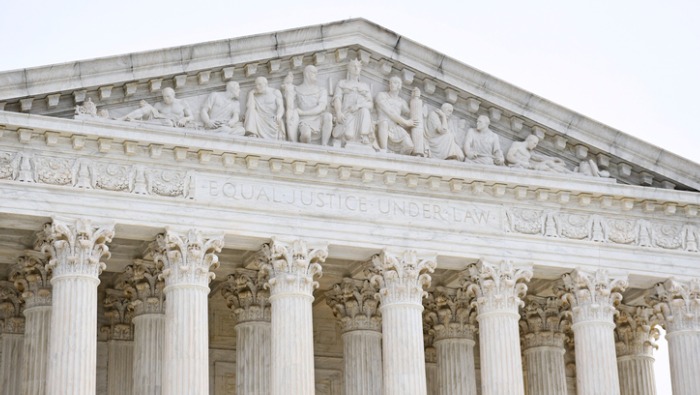On June 23rd, 2023, the U.S. Supreme Court (SCOTUS) ruled in Coinbase Inc. v. Bielski that if a district court denies a party’s initial request to compel arbitration, the court must stay its proceedings while its decision is appealed, effectively preserving the benefits of arbitration for business entities. Namely, these benefits include privacy, lower cost, and efficiency. While the specific case involves arbitration with consumers, the ruling could influence how SCOTUS rules in employee arbitration cases in the future. SCOTUS recently made two other employer-friendly rulings. These rulings gave employers more tools to challenge federal agency actions during administrative proceedings.
Background of the Case
The SCOTUS ruling comes after two separate class action lawsuits against Coinbase, a cryptocurrency exchange company. In the first case, the plaintiff alleged that the company violated the Electronic Funds Transfer Act. In the second, plaintiffs alleged the company violated California’s consumer protection laws. The company sought to compel arbitration within the district court on an individual basis. According to the company, a specific user agreement included an arbitration clause binding users to individually arbitrate any claims. However, the district court denied the company’s motion. In the district court’s opinion, the agreement unreasonably gave the company too much power.
Subsequently, the company appealed the decision to the U.S. Court of Appeals for the Ninth Circuit (Ninth Circuit). Meanwhile, the company asked both the district court and the Ninth Circuit to stay litigation proceedings until the Ninth Circuit reached an appeals decision. However, neither court refused to pause litigation. The company argued that continuing litigation when a case may ultimately wind up in arbitration could be unnecessarily costly and time-consuming for the company. In other words, the company would irretrievably lose the benefits of arbitration should the case have proceeded to arbitration anyway.
How the SCOTUS Ruling Preserves the Benefits of Arbitration
In Coinbase Inc. v. Bielski, SCOTUS agreed with the company’s argument in a 5-4 ruling. The ruling preserved the benefits of arbitration for the company should the case proceed to arbitration in the end. Specifically, the ruling held that “a district court must stay its proceedings while an interlocutory appeal [or an appeal of a non-final order issued during the course of litigation] on the question of arbitrability is ongoing.” Effectively, pausing litigation proceedings during an appeal preserves the following benefits of arbitration:
- Privacy – Litigation in court is a matter of public record and often involves an intrusive discovery process. This can jeopardize sensitive company information and documents. Alternatively, arbitration allows a company to preserve some privacy in the incident when it involves a confidentiality clause.
- Lower Cost – Additionally, litigation tends to be expensive. However, a defendant may avoid many of the costs associated with continuing litigation during an appeal by pausing the pending litigation accordingly.
- Efficiency – If the case in the district court ultimately moves to arbitration should the company’s move to appeal prevails, an ongoing trial could prove unnecessary.
The dissenting opinion noted that the trial judge would review facts and circumstances to determine if the remaining parts of the case should proceed. Typically, this would promote procedural fairness. However, the majority opinion noted that the question on appeal considered whether the entire case should move to arbitration as a whole rather than apart. Indeed, the SCOTUS decision may influence how it handles employee-based arbitration in the future. Employers should, however, ensure that they comply with several employment laws that affect the workplace. After all, employees can still file complaints with federal agencies that enforce these laws despite any arbitration agreement. Private arbitration agreements do not prevent the agencies from filing their own lawsuits.

